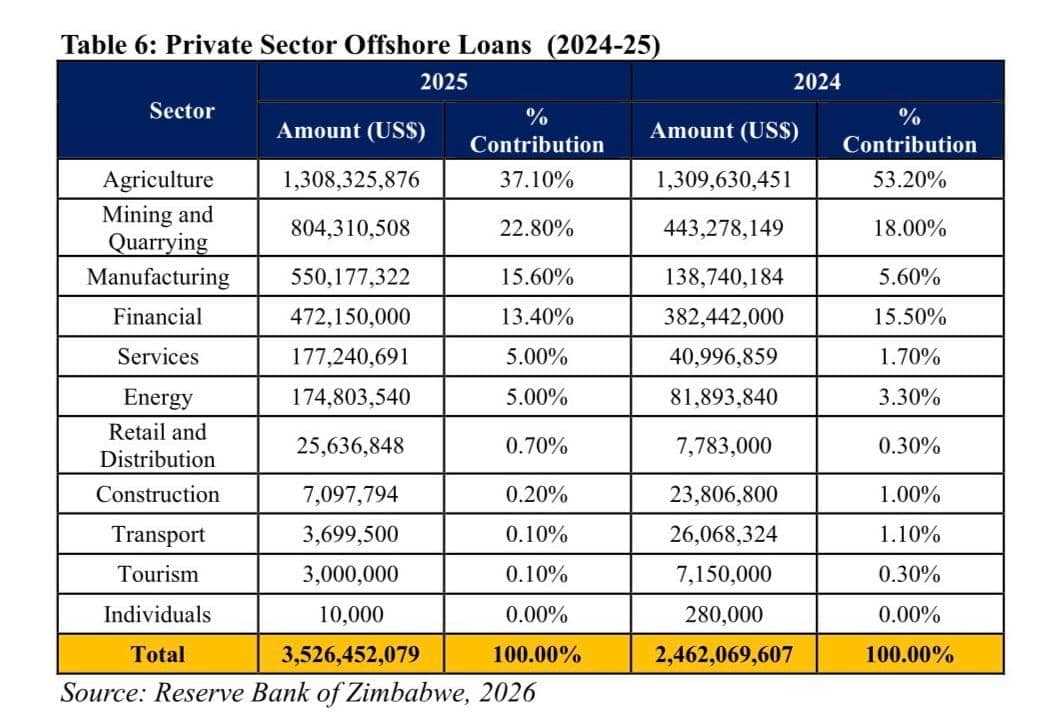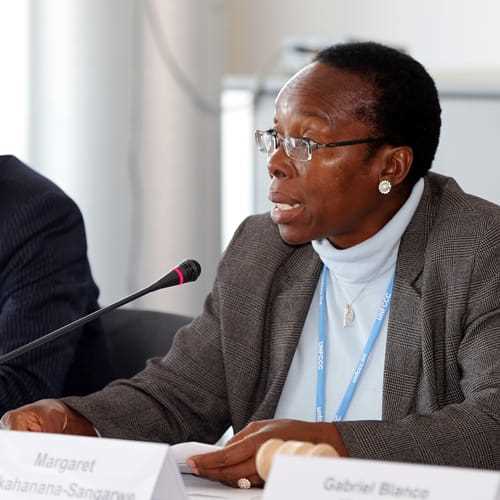Nyashadzashe Ndoro- Chief Reporter
Zimbabwe’s wholesale and retail sector — a major contributor to the country’s Gross Domestic Product — is under serious strain due to an increasingly hostile economic environment.
An inquiry by the Parliamentary Portfolio Committee on Industry and Commerce has revealed a perfect storm of challenges: heavy taxation, currency volatility, overregulation, high energy costs, and rising informal competition.
The Committee’s report shows that the sector contributed about 18% to GDP in the first quarter of 2024, consistently ranking among the top economic contributors over the past five years. However, exchange rate instability, supply chain disruptions, and operational downsizing are threatening jobs and public revenue.
The formal retail sector has taken a major hit, with the recent closure of two Food Lovers Market branches and financial struggles at OK Zimbabwe highlighting the impact of economic headwinds. Analysts say these developments mirror the broader fragility of the national economy.
Informal businesses, operating under lighter regulatory burdens and benefiting from parallel market exchange rates, have flourished — often at the expense of formal players like N Richards, Spar, Pick n Pay, and Food World, many of which have closed stores across the country.
Key Findings from the Parliamentary Inquiry:
Unfair Tax Burden:
Formal businesses face high taxes, including the 2% Intermediated Money Transfer Tax, which discourages electronic transactions. Informal traders often avoid taxes entirely.
Currency Challenges:
Since the March 2024 introduction of the Zimbabwe Gold (ZiG) currency — and its subsequent devaluation — formal businesses have struggled to price competitively. Most suppliers demand USD, which is easier for informal traders to access.
Licensing and Red Tape:
The formal sector is weighed down by over 30 required licenses per supermarket. The complexity and cost of compliance drive many small businesses into the informal sector.
Energy Woes:
Frequent power outages force businesses to rely on costly generators. Meanwhile, barriers to solar energy adoption remain high.
Related Stories
Unfair Competition:
Smuggled goods and counterfeit products are flooding the market. Informal players, free from taxes and compliance requirements, can offer lower prices and dominate both physical and online retail spaces.
Liquidity Shortages:
Limited access to foreign currency hampers restocking and imports, further straining formal business operations.
Delayed Auction Funds:
The withholding of forex auction proceeds — converted into Treasury Bills instead — has damaged trust in the financial system and disrupted business operations.
Recommendations for Revival:
By August 2025:
Scrap IMTT on all currency transactions and offer tax breaks to formal businesses.
By September 2025:
Create a dedicated low-interest credit facility and reduce bank charges. Simplify business registration and adopt a tiered compliance model. Ease licensing for solar investments.
By December 2025:
Expand e-government services to digitize business registration and compliance checks.
Long-Term Measures:
Harmonize statutory instruments with existing laws and improve SI transparency. Allow flexible pricing aligned with market exchange rates. Invest in national grid expansion and reform electricity policy.
In a significant policy shift, the government in April 2025 repealed SI 81A of 2024 by introducing SI 34 of 2025.
This change allowed businesses to set their own exchange rates, ending a system that had forced formal retailers to use unfavorable official rates — a major disadvantage against informal traders who priced using the parallel market.
The move aims to create a level playing field and prevent further erosion of the formal retail sector, which has already seen widespread closures due to unfair competition and economic pressures.
.

















Leave Comments